Mesopotamia Basalt
 Turkey
(Elazig and Diyarbakir)
Turkey
(Elazig and Diyarbakir)
Mesopotamia Basalt is an intriguing natural stone known for its dark gray to nearly black coloration, complemented by light gray and black spots. It belongs to the category of aphanitic extrusive igneous rocks, indicating that it is formed from the rapid cooling of low-viscosity lava. The distinctive characteristics of this basalt include its porous nature and fine grain, making it a unique and versatile material for various applications.
The dark gray to nearly black color of Mesopotamia Basalt lends it a sophisticated and timeless aesthetic. The presence of light gray and black spots adds depth and contrast, creating a visually interesting pattern within the stone. The natural variations in color and texture contribute to the overall allure of the material.
Being an extrusive igneous rock, Mesopotamia Basalt is formed from lava that rapidly cools on the Earth's surface. Its composition is rich in magnesium and iron, which contribute to its dark coloration and overall mineral content. The fine grain of the rock suggests that the mineral crystals within it are too small to be individually distinguished by the naked eye.
The porous nature of Mesopotamia Basalt adds an element of texture to its appearance, giving it a tactile quality that can be appreciated in various design applications. This porosity can vary, impacting the stone's ability to absorb liquids and making it suitable for certain uses like outdoor paving or landscaping.
Diyarbakir and Elazig regions of Turkey are known for being sources of Mesopotamia Basalt, and the stone from these regions is highly regarded for its quality and distinct visual characteristics. It is commonly used in applications such as flooring, wall cladding, countertops, and other decorative elements in both interior and exterior settings.
In summary, Mesopotamia Basalt is a dark and visually striking natural stone with a fine grain, porous texture, and unique color patterns. Its origin in the Diyarbakir and Elazig regions of Turkey adds a geographic significance to its appeal, making it a sought-after material for a range of design projects.

Can Turkey's Mesopotamia Basalt be used outdoors?

Can Turkey's Mesopotamia Basalt be used exterior applications in very rainy climates?

What grade is Turkey's Mesopotamia Basalt?

Is Turkey's Mesopotamia Basalt an expensive stone?

Can Turkey's Mesopotamia Basalt be used in a bathroom?

Are there color variations of Turkey's Mesopotamia Basalt?

What is the average hardness of Turkey's Mesopotamia Basalt?

Can Turkey's Mesopotamia Basalt be used in landscaping?

How thick is Turkey's Mesopotamia Basalt slabs?
-

-

TINA STONE IMPORT & EXPORT CO.,LIMITED
 China
China
 5YRDiamond members are premium members on platform, providing members with comprehensive approach to promoting their products, increasing products exposure and investment return to maximize.
5YRDiamond members are premium members on platform, providing members with comprehensive approach to promoting their products, increasing products exposure and investment return to maximize.
 Verified Supplier is for prove company authenticity,including business license,trade license and effective office space,to enhance buyers' trust to suppliers and their products, reducing communication costs.
Verified Supplier is for prove company authenticity,including business license,trade license and effective office space,to enhance buyers' trust to suppliers and their products, reducing communication costs.
Contact Supplier
-

Xiamen Paia Import & Export Co.,Ltd.
 China
China
 7YRDiamond members are premium members on platform, providing members with comprehensive approach to promoting their products, increasing products exposure and investment return to maximize.
7YRDiamond members are premium members on platform, providing members with comprehensive approach to promoting their products, increasing products exposure and investment return to maximize.
 Verified Supplier is for prove company authenticity,including business license,trade license and effective office space,to enhance buyers' trust to suppliers and their products, reducing communication costs.
Verified Supplier is for prove company authenticity,including business license,trade license and effective office space,to enhance buyers' trust to suppliers and their products, reducing communication costs.
Contact Supplier
-

XIAMEN TOP STARS STONE COMPANY LIMITED
 China
China
 10YRDiamond members are premium members on platform, providing members with comprehensive approach to promoting their products, increasing products exposure and investment return to maximize.
10YRDiamond members are premium members on platform, providing members with comprehensive approach to promoting their products, increasing products exposure and investment return to maximize.
 Verified Supplier is for prove company authenticity,including business license,trade license and effective office space,to enhance buyers' trust to suppliers and their products, reducing communication costs.
Verified Supplier is for prove company authenticity,including business license,trade license and effective office space,to enhance buyers' trust to suppliers and their products, reducing communication costs.
Contact Supplier
-

 China
China
 16YRDiamond members are premium members on platform, providing members with comprehensive approach to promoting their products, increasing products exposure and investment return to maximize.
16YRDiamond members are premium members on platform, providing members with comprehensive approach to promoting their products, increasing products exposure and investment return to maximize.
 Verified Supplier is for prove company authenticity,including business license,trade license and effective office space,to enhance buyers' trust to suppliers and their products, reducing communication costs.
Verified Supplier is for prove company authenticity,including business license,trade license and effective office space,to enhance buyers' trust to suppliers and their products, reducing communication costs.
Contact Supplier
-

Xiamen Thinkrock Stone Imp&Exp Co.,Ltd.
 China
China
 Verified Supplier is for prove company authenticity,including business license,trade license and effective office space,to enhance buyers' trust to suppliers and their products, reducing communication costs.
Verified Supplier is for prove company authenticity,including business license,trade license and effective office space,to enhance buyers' trust to suppliers and their products, reducing communication costs.
Contact Supplier
-

Xiamen StoneMarkt Company Limited
 China
China
 Verified Supplier is for prove company authenticity,including business license,trade license and effective office space,to enhance buyers' trust to suppliers and their products, reducing communication costs.
Verified Supplier is for prove company authenticity,including business license,trade license and effective office space,to enhance buyers' trust to suppliers and their products, reducing communication costs.
Contact Supplier
-

Xiamen Paia Import & Export Co.,Ltd.
 China
China
 7YRDiamond members are premium members on platform, providing members with comprehensive approach to promoting their products, increasing products exposure and investment return to maximize.
7YRDiamond members are premium members on platform, providing members with comprehensive approach to promoting their products, increasing products exposure and investment return to maximize.
 Verified Supplier is for prove company authenticity,including business license,trade license and effective office space,to enhance buyers' trust to suppliers and their products, reducing communication costs.
Verified Supplier is for prove company authenticity,including business license,trade license and effective office space,to enhance buyers' trust to suppliers and their products, reducing communication costs.
Contact Supplier
The request includes: 1. surface finished, size 2. quantity required






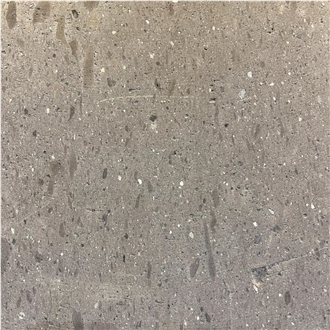
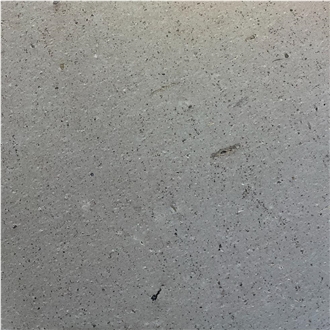
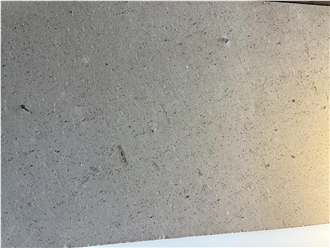
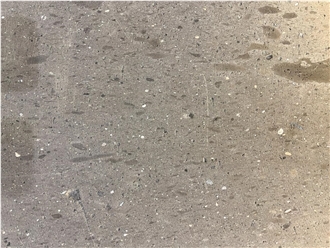
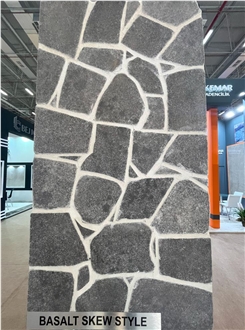
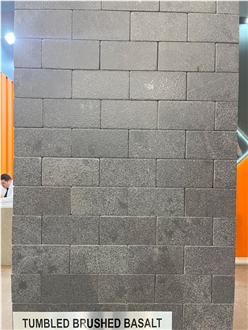
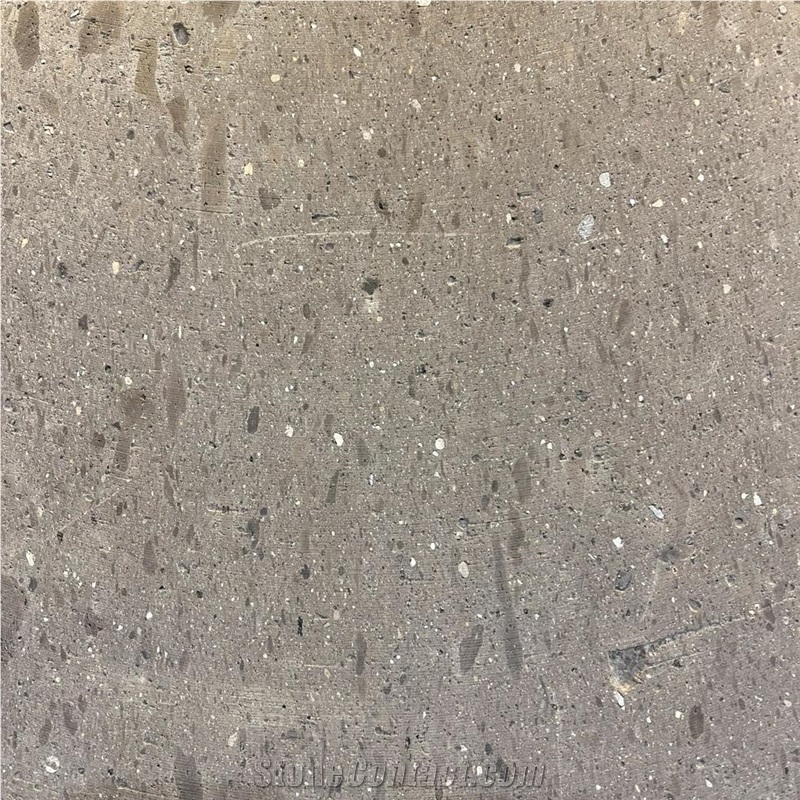
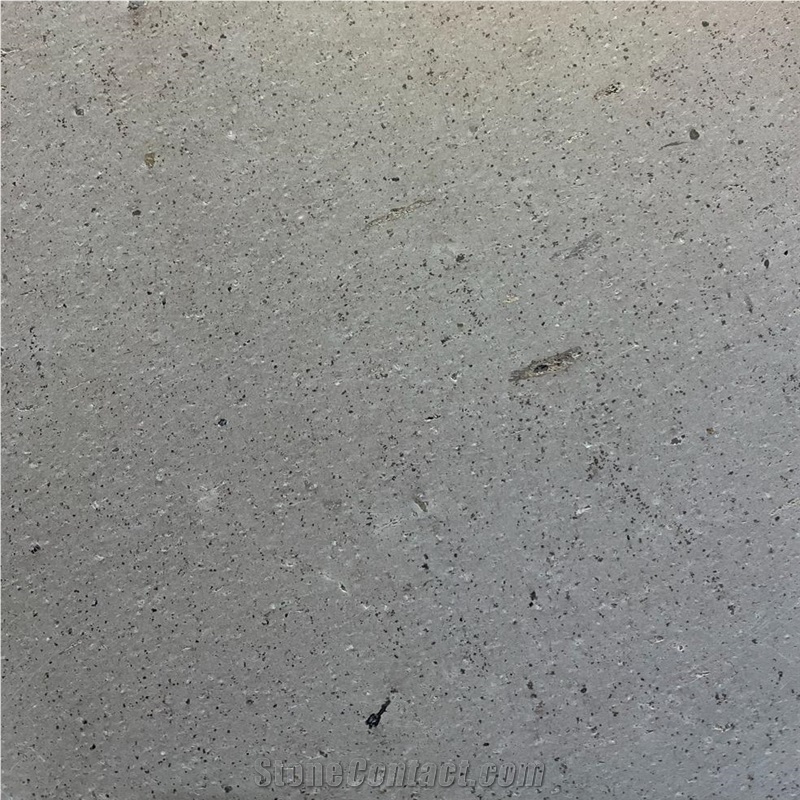
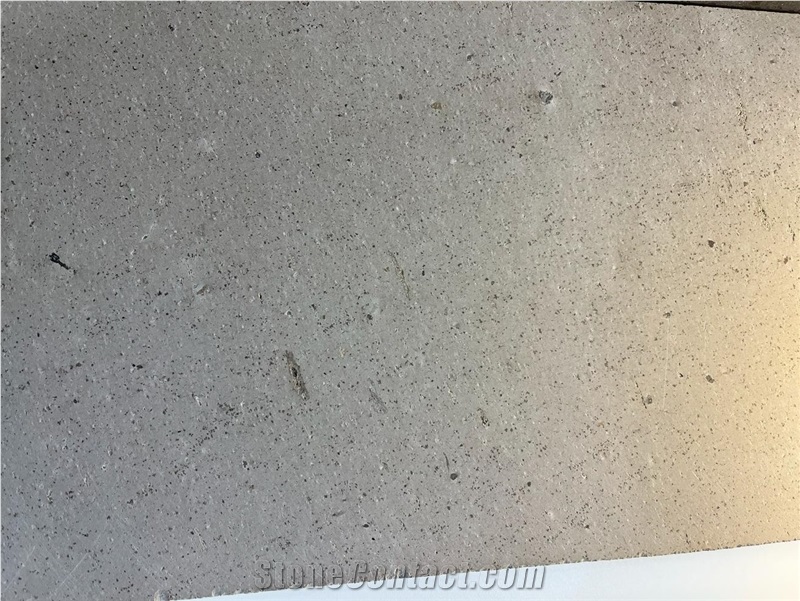
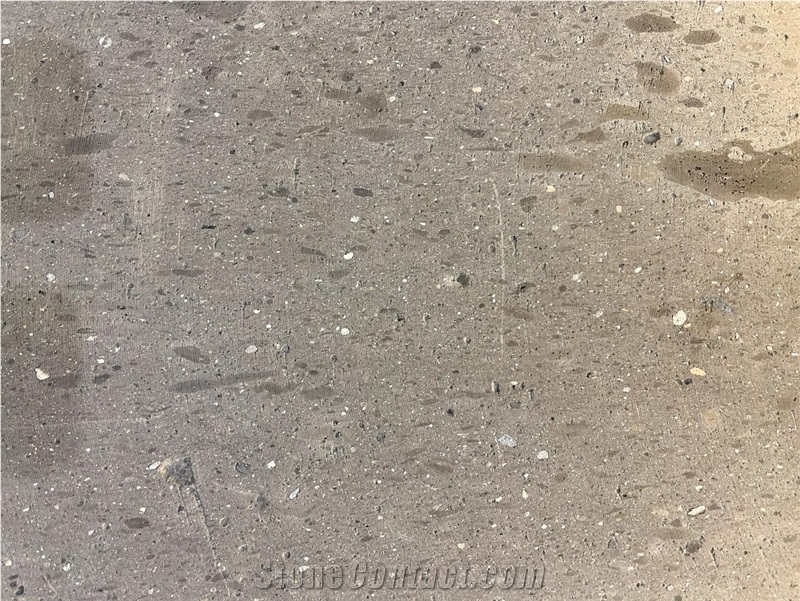
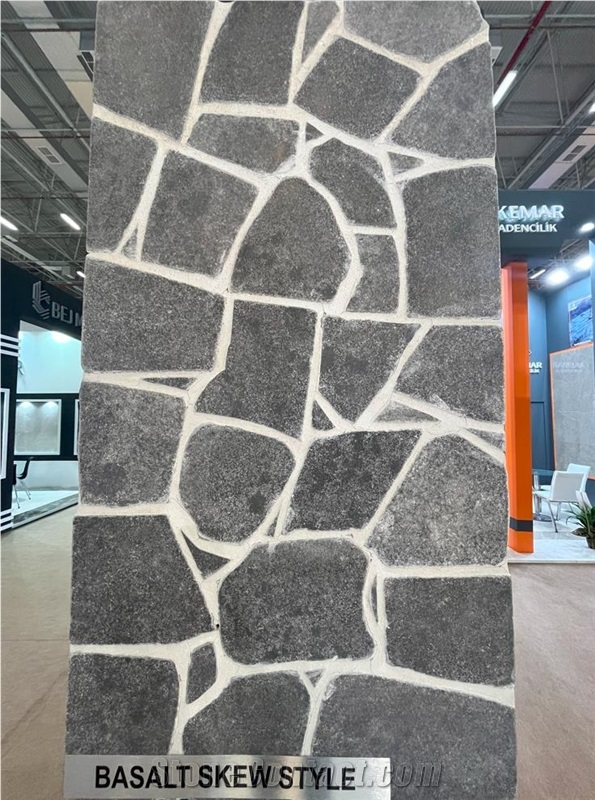
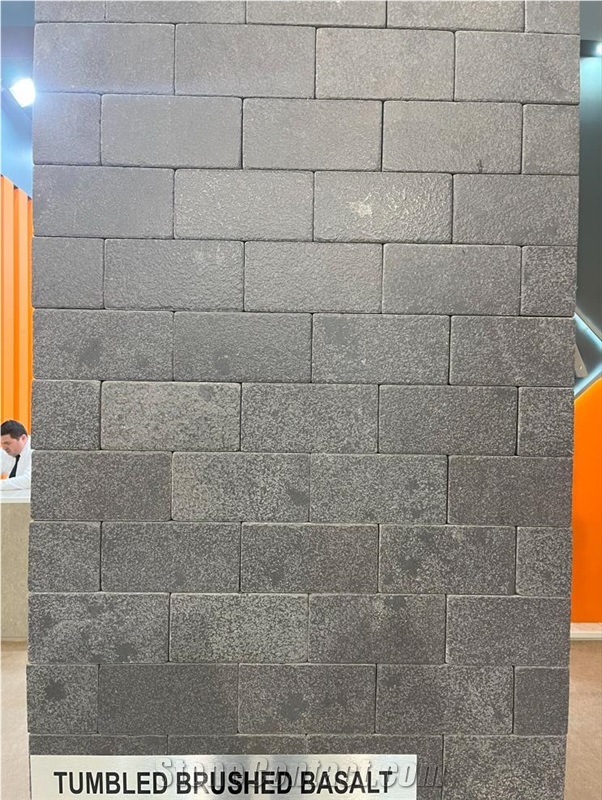
 Viet Nam
Viet Nam